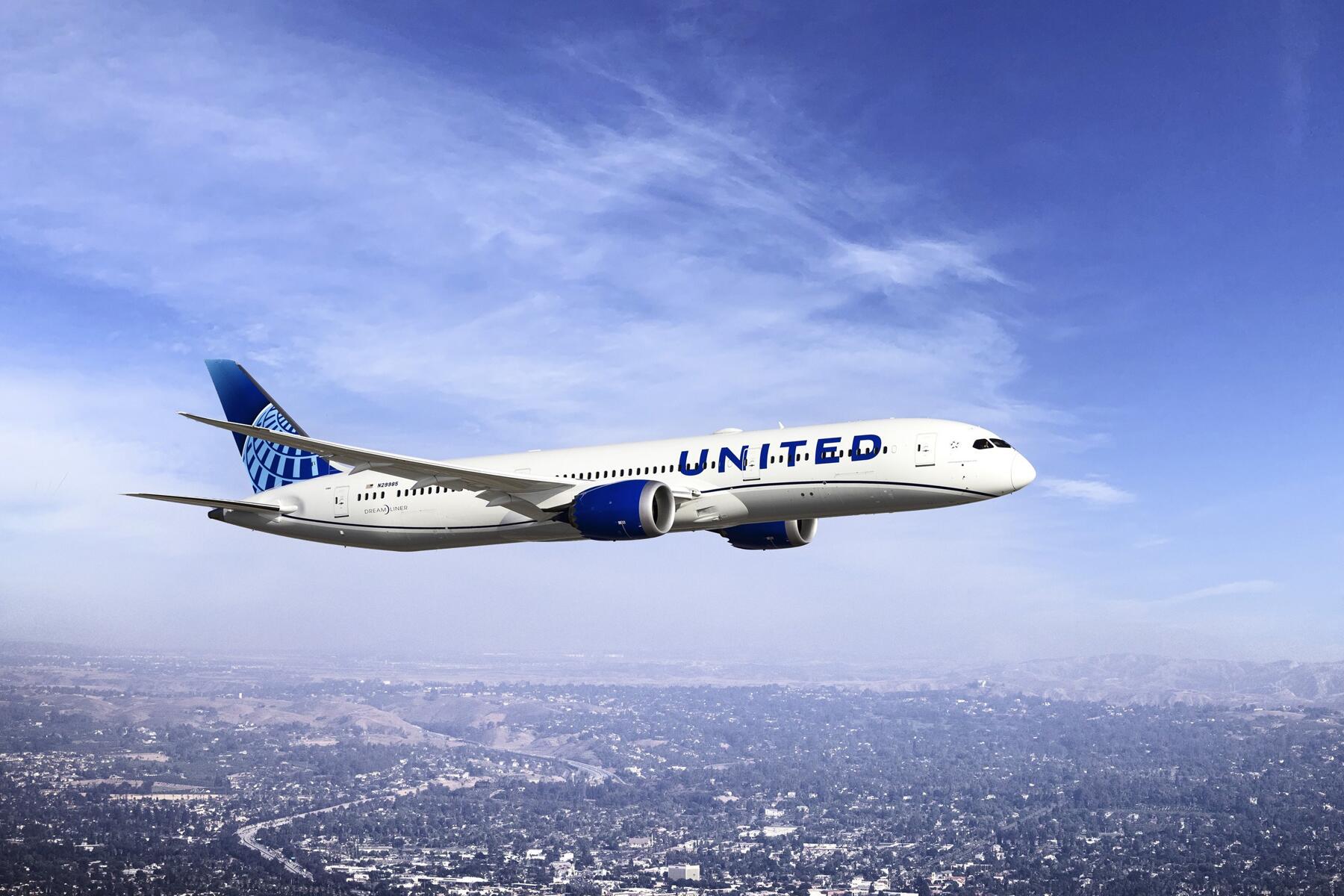The safety-related events have “rightfully caused us to pause and evaluate whether there is anything we can and should do differently.”
United Airlines will face increased oversight by the Federal Aviation Administration (FAA) following a string of safety incidents involving the company’s aircraft. In an internal memo announcing the changes, United’s Vice President of Corporate Safety, Sasha Johnson, told workers that the safety-related events have “rightfully caused us to pause and evaluate whether there is anything we can and should do differently.”
Johnson goes on to say that United has recently increased their interactions with the FAA, and that “over the next several weeks, we will begin to see more of an FAA presence in our operation as they begin to review some of our work processes.” She advises that “the FAA will also pause a variety of certification activities for a period of time. Those activities will differ depending on the work group and we will learn more from the FAA about that soon.”
FAA oversight on airlines is broad-reaching. The FAA licenses pilots, flight attendants, and mechanics, among other roles, and approves training programs for safety-sensitive roles. In a separate memo, the Air Line Pilots Association (ALPA), which represents United’s pilots, advised members that the FAA has suspended the airline’s ability to approve new line check pilots and issue type ratings. Line check pilots are supervisory pilots who check the competencies of pilots “on the line” (i.e. during regular operations, not during training). Type ratings are licenses that certify pilots to operate a particular type of aircraft.
Recommended Fodor’s Video
In a separate letter to customers, United President Scott Kirby discussed several steps the airline had already taken to reemphasize safety training for frontline employees, also noting how much cultural change the airline has experienced, saying, “In the past few years, we’ve done a lot at United to build a new culture, improve our business and earn your trust. I’m confident that we’ll learn the right lessons from these recent incidents and continue to run an operation that puts safety first and makes our employees and customers proud.”
The ALPA memo points to those cultural changes as part of the problem, citing the removal of pilots from directly managing the airline’s pilot workforce, in particular noting “the continually decreasing flight experience levels of captains, including instructors and line check pilots.”
The union argues that United’s rapid growth, and management’s focus on customer satisfaction metrics, has superseded attention to the airline’s safety culture.
Throughout the past several weeks, United has hardly been the only airline with safety incidents subject to investigation by the FAA, according to the agency’s ongoing list of incident statements. But United did account for 12 of the 28 total commercial aviation incidents reported so far in March. It’s worth noting that the FAA also reports incidents related to passenger threats or behavior unrelated to the aircraft or the crew, and one of the reported United incidents was passenger-related.
Although neither the FAA nor United has directly disclosed exactly what sort of FAA approvals will be curtailed, some media outlets have reported that the addition of new aircraft and routes could be paused. While the FAA does certify new aircraft delivered to an airline, it’s unclear why the airline’s safety programs would give the FAA reason to pause certification of new airframes of aircraft types already operated by United.
It’s similarly unclear how the safety concerns would prevent the FAA from approving new routes, although the language used in the report is unclear. The agency’s approval is generally not required for airlines to begin new nonstop domestic service between cities they already serve, per the Airline Deregulation Act of 1978. New airports, however, would require FAA approval for an airline’s operational procedures, and it’s possible the FAA could decline to approve not already-in-progress plans for United to add new airports.
This limitation would have little—if any—impact, as United could easily add service to new airports operated by a United Express affiliate. Those flights are operated by other airlines with their own certificates and separate safety programs. They also get their approvals from the FAA irrespective of the carriers they’re operating for.
Many of the recent incidents are fairly commonplace in airline operations, including a bird strike on March 23 and an air data indicator issue on March 17. It was the recent incident frequency increase, along with more serious incidents such as an aircraft arriving with a missing exterior panel, another dropping a wheel on takeoff, and another exiting the runway on landing, that contributed to the FAA’s decision to increase oversight. None of the incidents the FAA investigated resulted in any passenger or crew injuries.
United is one of the country’s oldest airlines, tracing flight operations back to 1926.




